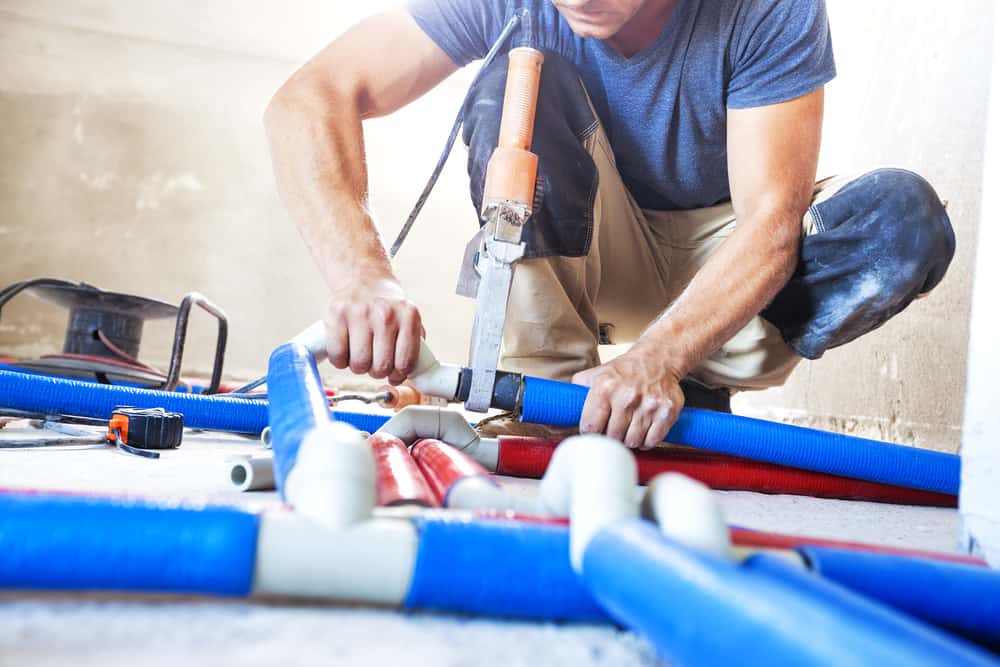
How to Become a Plumber
Not everyone wants to pursue an academic career. Throughout the UK, there is a massive shortage of skilled tradesmen in all categories, and with the uncertainty of Brexit, the shortage could become even more acute. If you’re a person who loves to get hands-on, prefers to be out and about, rather than tied to one place day after day, then a career as a plumber may be right down your street.
Qualifying as a plumber is the first step in what can be a satisfying, varied, and lucrative career. You could work in private homes repairing leaking pipes radiators or boilers. You could be on a building site laying water mains or fitting out new builds. Or you could be installing a new heating system in a school or hospital. Choosing to train as a plumber will put you in the driving seat when it comes to increasing your skills and earning potential.
Job Basics
• Entry salary: £25,000+
• Experienced salary: £33,000+ (and upwards)
• Average hours: 37-40 (full-time) 20 (part-time)
What do Plumbers do?
• Install mains water systems to private and commercial properties
• Install heating systems in private and commercial properties
• Install header tanks in private and commercial properties
• Install waste water and sewage systems in new builds
• Install new showers and bathrooms
• Deal with all types of water leaks
• Repair boilers and unblock drains
• Install washing machines and dishwashers
• Increasing involvement with solar energy
In fact, if it’s anything to do with water – expect a call.
What Qualities Should a Plumber Have?
Besides your plumbing/heating qualifications, good communication skills are required when talking to a client. A decent head for heights helps. There are times you may work off ladders or scaffolding both inside and out. A full driving license will be needed to get yourself and tools from job to job in a company van. Flexibility and a dedication to your trade are needed. There are times you may have to work unsocial hours on emergencies, or to minimise disruption to clients. A will to continue learning throughout your career will keep you up to speed on the increasing use of sustainable energy.
How do You Become Qualified?
A good start to any chosen career path is to pass as many GCSEs as possible. For a plumbing career, Maths, English and a science subject are the most important, although some employers will accept certain Level 2 qualifications. The government is also bringing in T GCSEs which are based on skills, and studied for in the same way as sixth form GCSE A-levels.
Apprenticeships are not as easy to find as they used to be, but they are still out there. If you can’t find a suitable apprenticeship, check out your local college. Many run full time plumbing courses for the 16-18 year olds which can take you right up to level 3 Diploma. More apprenticeship doors will open if you can back your enthusiasm with college qualifications.
We have jobs for you!
Do you think a plumber job is for you? Explore what JOB TODAY has available for you by downloading our app for iOS and Android.
Check out all our other jobs in construction as well!



